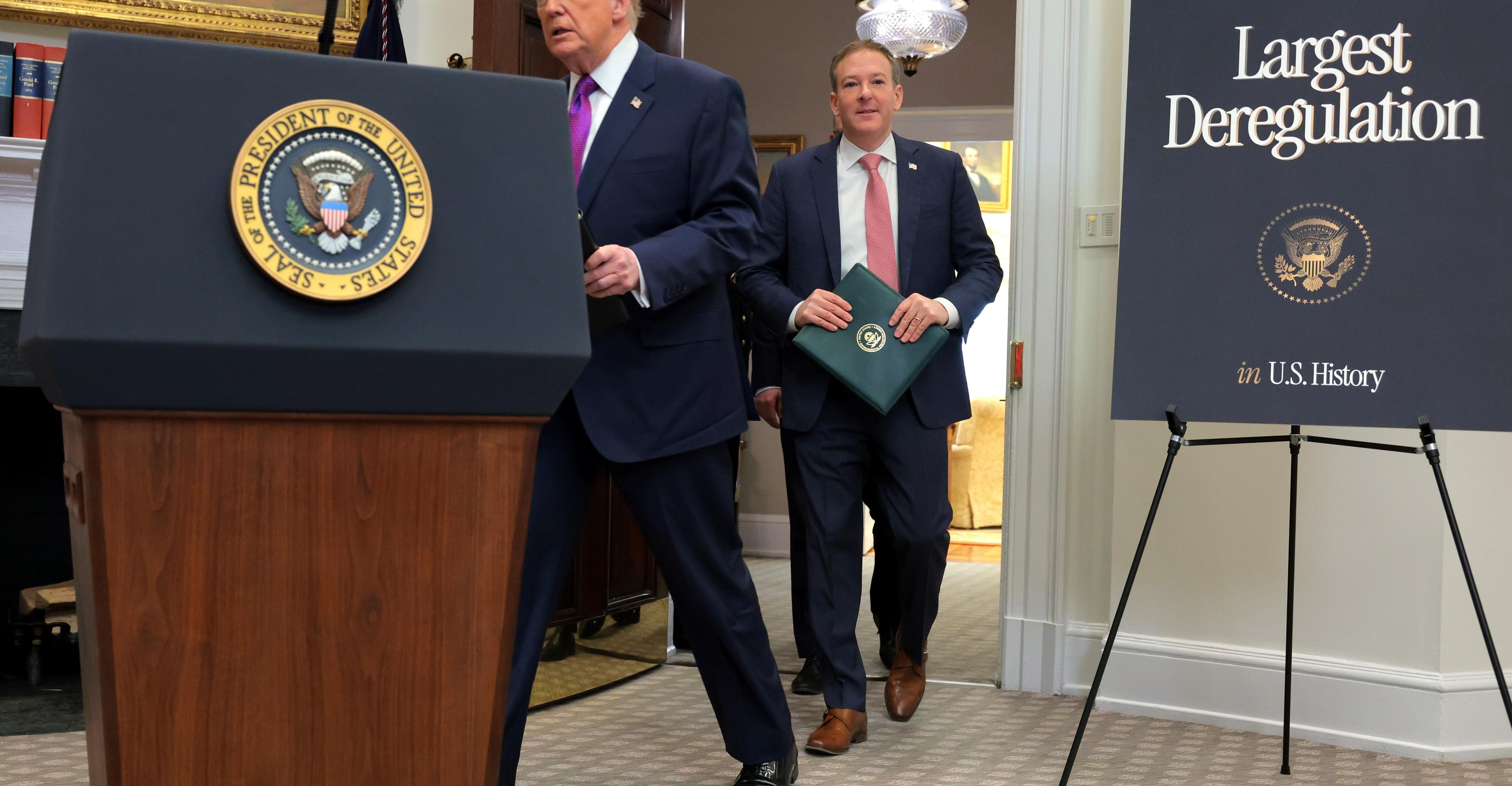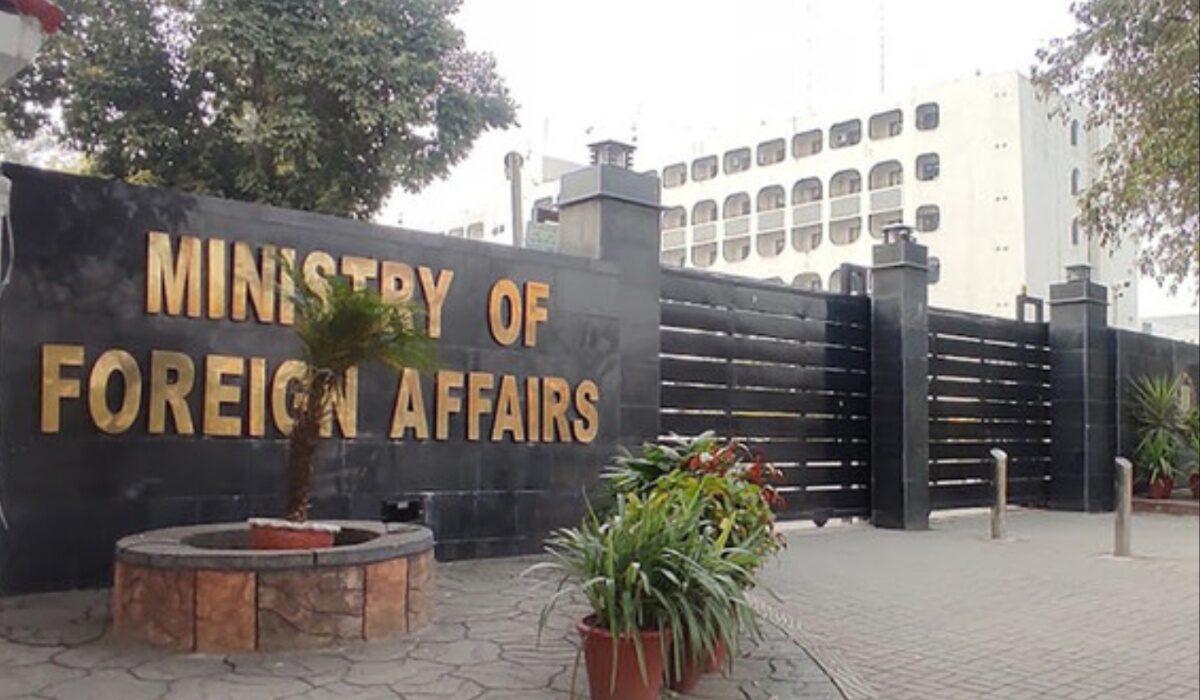It has been argued in the appeal that legislation is the power of Parliament, and the Supreme Court's decision is an encroachment on Parliament's power.


Islamabad: The federal government has challenged the decision of the Supreme Court against National Accountability Bureau (NAB) amendment decision, and has filed an appeal under the Practice and Procedure Act.
According to details, the petition filed by federal government against the decision has made Federation, NAB and Chairman Pakistan Tehreek-e-Insaf (PTI) Imran Khan as parties.
In the appeal filed to the Supreme Court, the decision against NAB amendments is to be annulled and NAB amendments are requested to be reinstated.
It has been argued in the appeal that legislation is the power of Parliament, and the Supreme Court's decision is an encroachment on Parliament's power.
It is pertinent to note that earlier on September 15, the Supreme Court of Pakistan issued a written decision against the NAB amendments following Imran Khan's request, in which the NAB amendments were declared invalid.
The Supreme Court declared Imran Khan's petition against the NAB amendments admissible, after which the NAB cases against various politicians were restored.
The three-judge bench delivered the verdict by a majority of two to one. Justice Mansoor Ali Shah disagreed with this decision.
Written Decision of NAB Amendment Case
The Supreme Court has issued a detailed decision on the NAB amendments case. The majority 58-page decision was written by Chief Justice Umar Atta Bandial, while Justice Mansoor Ali Shah wrote a two-page dissenting note which is included in the written decision.
In the written verdict, the amendments related to NAB Section III and Section IV have been declared invalid. The amendment made regarding the definition of corruption and dishonesty in the judgment has also been declared invalid. While for the references filed against the Service of Pakistan, the amendment made in Section 9A-5 shall remain in effect.
The written judgment said that staying or not staying in parliament is a political decision, the court cannot review the political decisions of political parties.
The court declared in the judgment that the NAB amendments are in conflict with Articles 9, 14, 24 and 25. The parliament used the power of the judiciary by pardoning less than 500 million of corruption through the amendments.
In the NRO case, the court also held that the cases Judiciary alone can conclude, it is inappropriate to dismiss the application on the ground that the amendments were not opposed in Parliament.
The decision further wrote that abolishing the judicial authority in plea bargain is against the independence of the judiciary and Article 175/3 of the Constitution.
In the NAB law, criminals and plea bargainers are declared ineligible for public office. Giving concessions to the accused is against Section 15 of the NAB Act itself.
According to the verdict, the effort of the Parliament to remove the loopholes from the NAB law is commendable. The amendments are a good effort to the extent of preventing unnecessary harassment from the bureaucracy, but the amendments also exempted the public representatives from accountability.
In the decision, it has also been said that making the limit of corruption up to 500 million in the NAB law is equivalent to giving pardon to public representatives. The power of pardoning is only available to the president after the court or punishment.
The parliament through amendments has made less than 500 million using the power of the judiciary by condoning corruption, and out of 598 references, only 54 references were transferred to other courts.
It has been said in the decision that the assets of most of the accused of corruption are located abroad. If the assets beyond resources of the income are not accounted for, the people's money due to corruption will not be recovered.
Invalidated declared amendments
The Supreme Court reinstated all the dismissed NAB cases and struck down all but one of the 10 amendments.
Supreme Court declared several clauses of the NAB amendments against the constitution and also invalidated the NAB amendments related to the termination of reference of public positions.
Amendments regarding definition of benami, definition of assets in excess of income, transfer of evidence to prosecution and plea bargain were declared null and void.
Amendments with assets in excess of income will be maintained to the extent of government officers.

How much did gold and silver prices gain in Pakistan today?
- 3 hours ago

The Trump threat looming over late-night TV, briefly explained
- 11 hours ago
Pakistan issues demarche to Kabul over use of Afghan soil in Bajaur attack
- 2 hours ago

ANF burns 18 tonnes narcotics, 169,000 litres liquor during annual drug burning exercise in Sheikhupura
- 5 hours ago
West Indies ease past Italy to tune up for T20 Super Eights
- 2 hours ago
Taylor Swift named best-selling artist of the year for sixth time
- 2 hours ago

The real reasons people love playing games
- 11 hours ago

In the fight against climate change, Trump sides with climate change
- 11 hours ago
5G spectrum auction to be held on 10th of next month: Chairman PTA
- 3 hours ago
King Charles’ brother Andrew arrested on suspicion of misconduct in public office: BBC
- 2 hours ago

A powerful tool of resistance is already in your hands
- 13 hours ago

Why voters hate Trump’s (pretty decent) economy
- 11 hours ago








